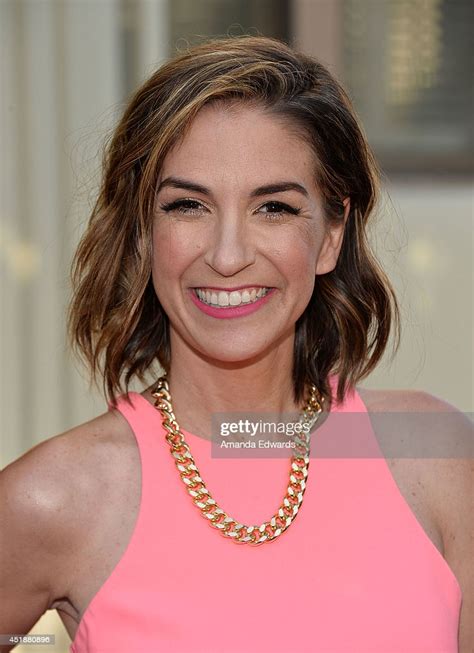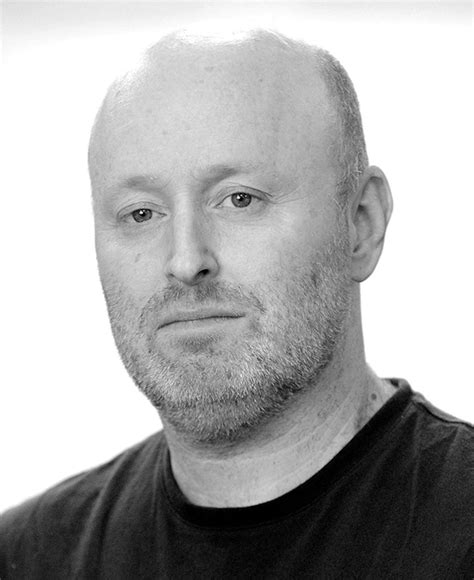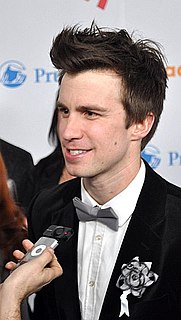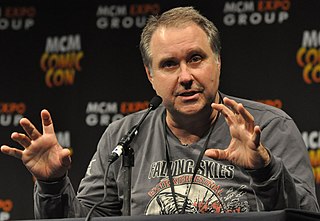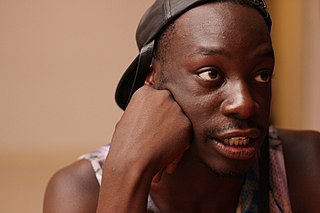A Quote by Ray Wise
I came in rather late in the casting process of Reaper. I believe they had all the other roles cast. They were having trouble finding the devil. They had seen almost 100 actors for the role. I got the script and I liked it - it was clever and witty and very, very funny, and a nice, fresh take on an old story. I went in and did a scene for the producers, the kitchen scene from the pilot where I'm cooking a chicken-fried steak. At the end of it, they all had a smile on their face, and they realized they had found their devil.
Quote Topics
Actors
Almost
Believe
Came
Cast
Casting
Chicken
Clever
Clever And Witty
Cooking
Devil
Did
End
Face
Finding
Found
Fresh
Fried
Funny
Got
Had
Having
I Believe
Kitchen
Late
Liked
Nice
Old
Old Story
Other
Pilot
Process
Producers
Rather
Realized
Reaper
Role
Roles
Scene
Script
Seen
Smile
Steak
Story
Take
Trouble
Very
Were
Witty
Related Quotes
It was a very, very intense and long casting process [for The Killing] because we really had to find the right people who could carry the weight of this story, who had the chops and who had the spirit, where they could bring in so much of their own selves to these characters. So, the casting process took many months.
There's actually a time when I got cast in something and it was announced that someone else was cast. I hadn't been told yet if I had the role and I had a breakdown because I really wanted it and it was announced on this website that this other girl had gotten it. I was so sad and called my agents and said, "You guys didn't tell me this other person got the role!" They were like, "No, they haven't decided yet." Then two hours later I got the call that said I had the role.
I think Julianne Moore is very, very good. I've worked with her. We did Surviving Picasso. I remember one scene we did together. She had to have a nervous, a mental, breakdown in this one scene. I didn't have many lines. I just had to make sure I knew I came in on cue all right. And I was just watching her walking though the rehearsal. I thought I know what she's doing, "This is going to be terrific." So they said, "Are you ready" and she said, "Yeah," "Ok, roll the camera." And all in one take.
Edward and I had not had a last grand scene of farewell, nor did I plan one. To speak the word was to make it final. It would be the same as typing the words The End on the last page of a manuscript. So we did not say our goodbyes, and we stayed very close to each other, always touching. Whatever end found us, it would not find us separated.
In the light of her son's comment she reconsidered the scene at the mosque, to see whose impression was correct. Yes it could be worked into quite an unpleasant scene. The doctor had begun by bullying her, had said Mrs Callendar was nice, and then - finding the ground safe - had changed; he had alternately whined over his grievances and patronized her, had run a dozen ways in a single sentence, had been unreliable, inquisitive, vain. Yes, it was all true, but how false as a summary of the man; the essential life of him had been slain.
I've got funny things. David Duchovny had to have a cast made of his face to do an old person's make-up, and I've got that cast of his face in my house. I've got something from the pilot, the original implant that was in Billy Miles' head. I've got a sign from 'The Erlenmeyer Flask.' But my house isn't a museum to 'The X-Files!'
I saw Ben Whishaw playing Hamlet at the Old Vic and straight away had a very strong sense that he might be the end of a very, very long road of searching for the right guy. He did an amazing audition, where it all came across this, instinctive feeling that he obviously had for the character in the Perfume: The Story Of A Murderer.
With Jane Birkin, we had a scene from a film called Jane B. by Agnès V. - a portrait I made in '87. We had a casino scene, surrealistic, in which we had some naked people gambling. Jane Birkin was the card dealer and I was the player. I had beautiful jewelery around me, and when I lost I would take the jewelery and say, Service - being very generous, because it was very expensive jewelery. I would say, Tip.
I really, really liked shooting and doing the scene with Emilia Clarke and Peter Dinklage at the end of 'Winds of Winter,' when she gives him the Hand of the Queen. Because we shot it very simply. We felt like we had managed to do something that was visual but really was a very intimate scene between two people.
I was really proud to be in that show. I will never forget. I got the script to 'Millie,' and I'm flipping through the script and saying, 'Boy, I have some lines... I have a big song.' I was 25 years old and had never been on Broadway before. I got to the end of the script, and I was really nervous and excited. I realized I had a lot to do.
Suddenly, I realized how tough trying to structure a story like this is. It was a lot of work. The one big advantage that we had was that we had eight scripts written before we started shooting, or even started casting. We had a really good opportunity to look at it and figure out where we were going to go and how to do it. Once we got a cast, which I love, then we started doing some revisions to make sure that they fit into it.
The scene at a certain time was definitely boys; those huge warehouses were kind of violent parties, even. I think people in your immediate community made a nightlife scene that actually did break down gender roles and were along different lines of identity that had to do with race and experience in the '90s, rather than gender.







